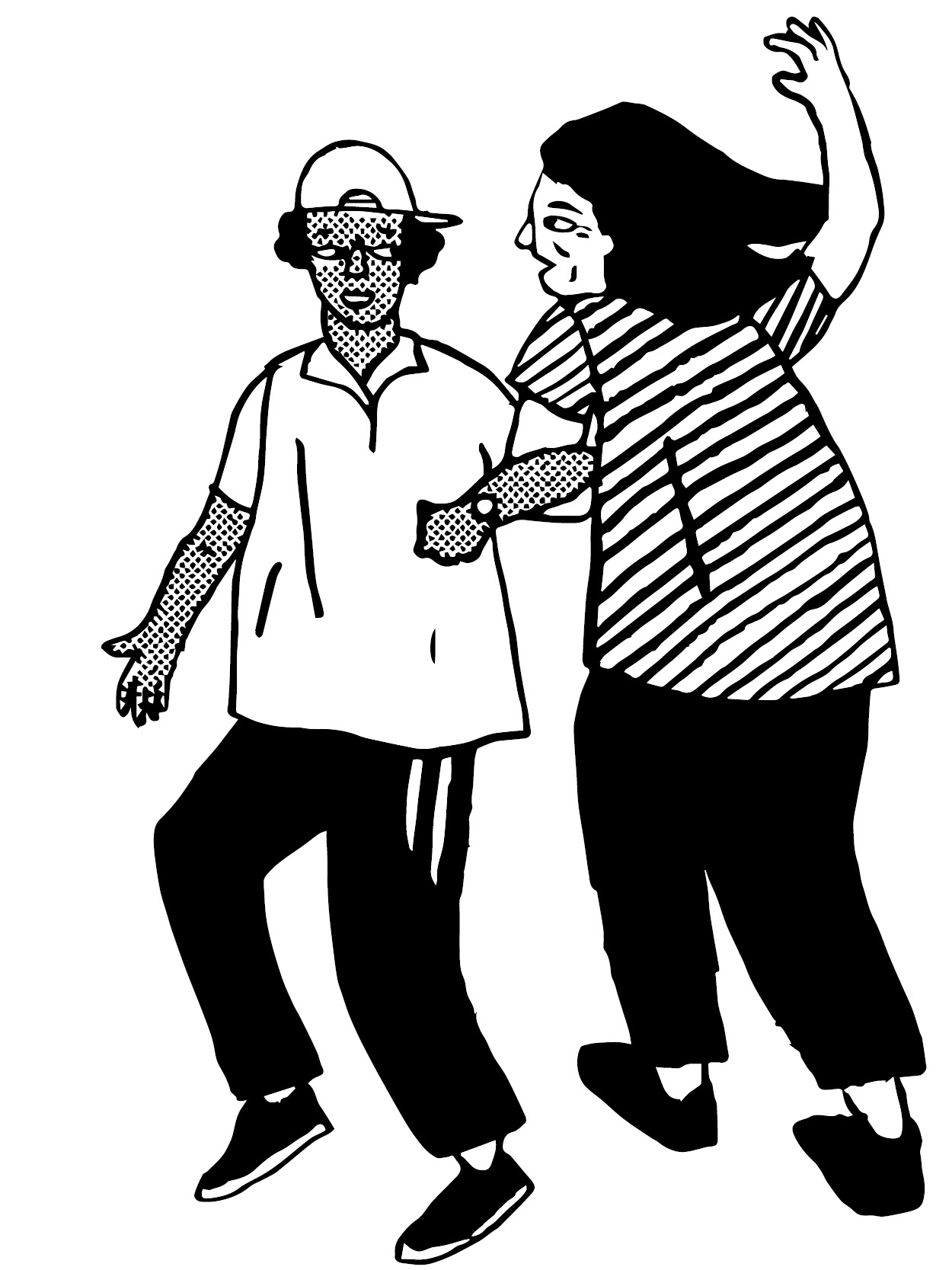English Folk Drama - The Performers
The Performers
In the vast majority of cases, the performers were adult working-class males, often, but not always, the young men of the village. Boys were sometimes brought into the team to ‘learn the ropes’ with a minor part and gradually worked their way up as older ones dropped out, and at times ‘youth teams’ were formed, specifically to ensure that the tradition continued. But in some areas – particularly Lancashire ad the North-West – the tradition was, as far as we know, always a children’s one. A later development, probably only dating from the inter-war years, was for local schools to take over the tradition and to ensure its continuance. The team at Midgley in Yorkshire is one of these 'school-based' traditions.
As the custom was primarily rural, most of the participants were farm-workers, and this was especially true of the Plough Plays of the East Midlands, but where another industry or sector prevailed, such as in a mining area, the mummers would mainly be drawn from that occupation. Where we have detailed information about participants, it is often the case that particular families were involved – brothers and brothers-in-law were often in the same team and fathers brought their sons in. There is some evidence that because the mummers could make a significant amount of money, some of them jealously guarded the words of their play and tried to discourage others from forming a new team. Nevertheless, there were sometimes rival teams in the same area.
There are occasional references to women participating in performances, but this was clearly highly unusual. The exception, again, is in the children's pace-egging of the North West, where references to girls are found, but it was still not common. Women were, of course, heavily involved in a support roles such as making and repairing costumes, and when someone was needed to remember a text from years before - either for revival or to be noted down for posterity - it was often the women in the community who could provide the necessary knowledge.











